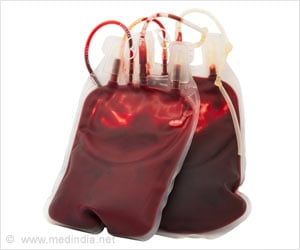Dr Stephen Harbarth, tested the methicillin-resistant Staphylococcus aureus (MRSA) detection assay on critically ill patients.
Dr Stephen Harbarth, at Geneva University Hospital, tested the new technique of methicillin-resistant Staphylococcus aureus (MRSA) detection assay on critically ill patients.
He said that it could reduce the incidence of these infections. It would also reduce the money spent in order to deal with these bacteria. This technique checks for the presence of the bacteria DNA in the patient swabs.This method is very simple and requires less time to identify patients carrying methicillin-resistant Staphylococcus aureus (MRSA). In Switzerland the test proved that it was able to detect the unknown MRSA carriers, which would have not been possible otherwise.
It had reduced the spread of MRSA infection significantly in the medical intensive care unit (ICU). A total number of 1,227 individual were spared from the unnecessary days in isolation. The researchers recorded the findings in the journal Critical Care.
By these latest technique further developments such as novel treatment modalities and control strategies could be developed. The disease could be screened on admission and the patient could be kept in isolation after admission to prevent the spread of the disease.
The researchers tested 1,053 patients and said that it is a cheap and sensitive assay. But one major limitation is the time factor definitive identification is available only 48 to 96 hours after sample collection. In this time MRSA cross-transmission occur leading to a normal person contacting the disease.







